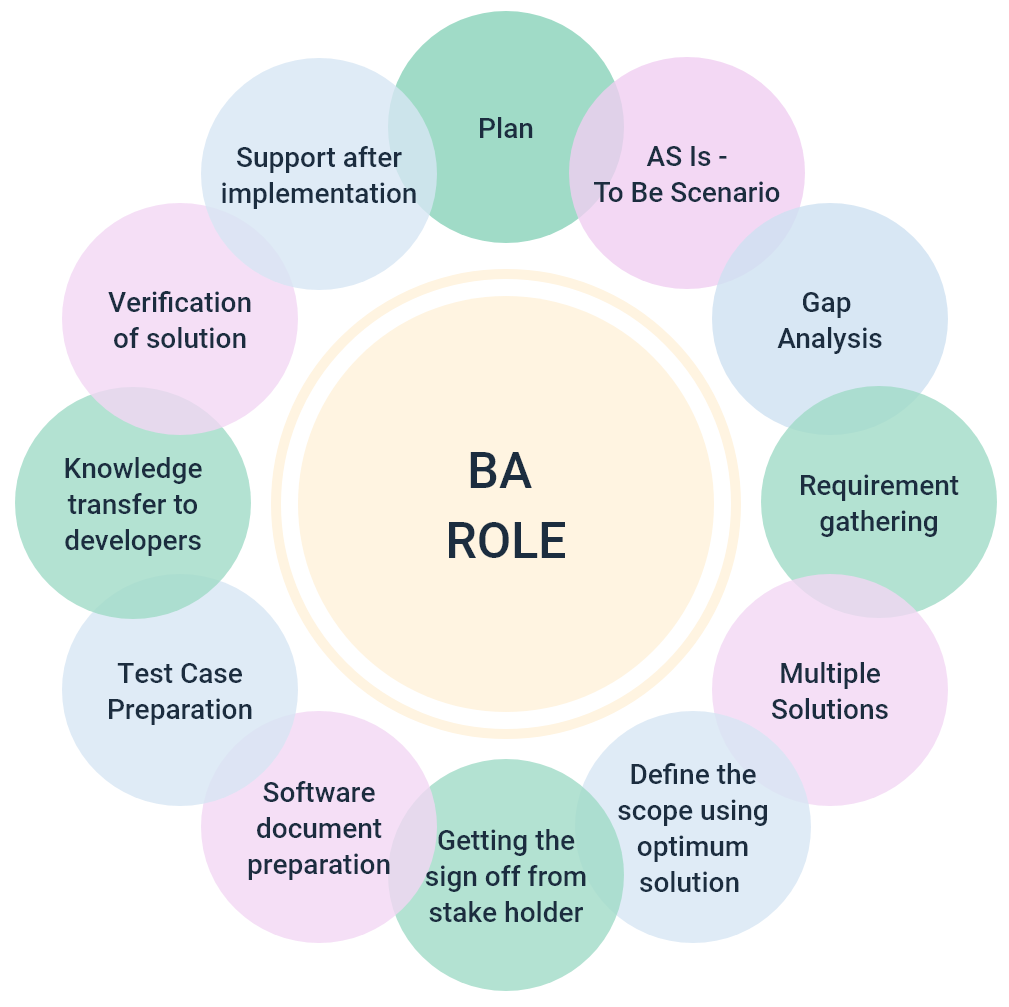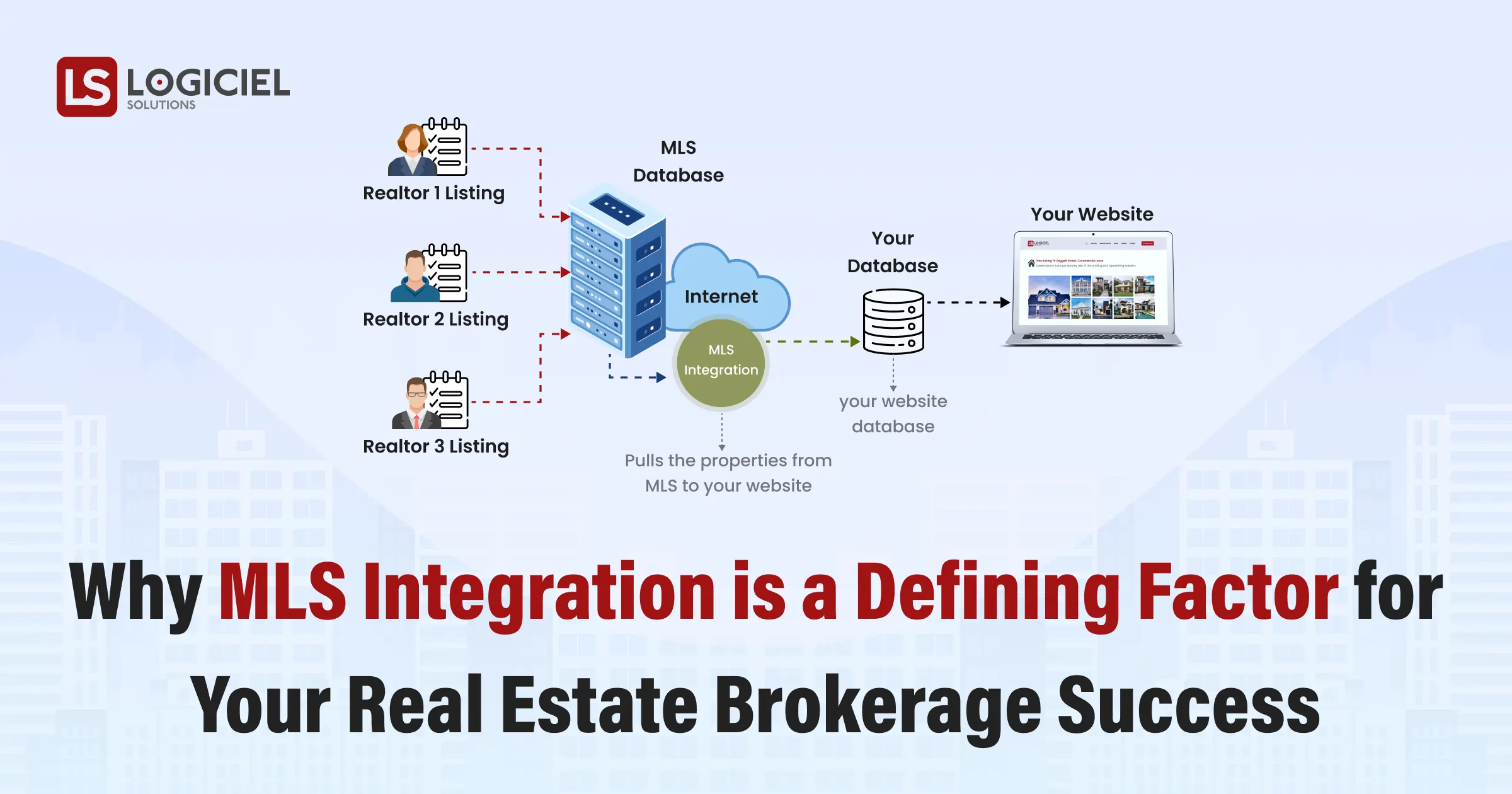Imagine working directly with dev teams who are always on toes to meet tight deadlines. Sometimes, it could be challenging to get developers involved in the initial phase of discussion with the client and therefore forging the need for such professionals who can get thoroughly involved in the project requirement gathering process. The major role of a Business Analyst is to determine client’s needs and provide data-driven recommendations and reports to the internal team of software engineers as well as the client. Basically, the business analyst is responsible for ensuring solutions delivered by the developers meet the client’s requirements.
Importance of Business Analysts in Agile structure
As expected in Agile, there could be unexpected changes for which rapid response is needed. Such incremental changes could be better prioritized by BA’s with minimal impact.
Making such decisions, Business Analysts may act as a stakeholder proxy, or work directly with the client or product owner which means that Business Analysts are bridging the gap between the team and the Product Owner on the client-side.
As a result, a Business Analyst is a must on most of the Agile projects.

To understand further, Business Analysts working within the discipline of business process management performs a variety of roles:
Business Role
- The principle role that any Business Analyst performs is understanding and analysing what the business goal is.
- Identifying a need of strategic or tactical importance i.e.the business need, enables the enterprise to address that need, and align the resulting strategy for the same.
- Prepare for and conduct elicitation activities
- Communicate with stakeholders
- Manage and maintain requirements and design information from inception to retirement.
- Establishing meaningful relationships between related requirements and designs.
- Make structure and organize requirements discovered during elicitation activities, specify and model requirements and designs, validate and verify information.
- Transformation of those needs into a particular recommended solution.
- Assessing, analyzing and gaining consensus on proposed changes to both requirements and designs.
- Make sure the removal of barriers or constraints that prevent the full realization of the value.
Technical Role
- Documenting technical requirements.
- Creating flowcharts which are good for gaining both alignment with what the process is and context for a solution
- To assess technical feasibility, along with tech team for each change/alternative /Designing new features to the business/product and its impact
- Undertaking systems testing.

Managerial Role
- Communicate with all the stakeholders and extract the possibility of bringing business
- Involved in knowing and validating the changes to business processes, information systems, and policies.
- Analyze the organizations’ business operations by interpreting the processes, analyzing the data i.e. output rate, gains/losses, and customer feedback.
Functional Role
- Analyze Existing Systems
- Map and analyze critical service
- Create Plans for Change
- Determine options for the best approach to achieving benefits while preserving savings
- Time and cost of project
- Plays a liaising role between the core team and the clients/stakeholders.
Let’s Analyze How Having a Business Analyst Involved in Your Project can Make a Huge Impact on Your Product Delivery:
- Understanding enterprise problems and goals
- Analyzing needs and solutions
- Devising strategies
- Driving change
- Facilitating stakeholder collaboration
The Business Analyst is inherently a stakeholder in all business analysis activities. With no doubt, the specified activities play a significantly important role in the successful accomplishment of any project hence, need special consideration of an expert. Having a professional business analyst will make sure that these tasks are performed with accuracy and there is no room for doubts. Ultimately, It will speed up your product development and ensure the overall success of the project.
Conclusion
- Effective communication
- Well-established relationships between stakeholders
- Formalized and written requirements
- Defined (and common) project goals
- Managed development process
- And more.
- Defined (and common) project goals
On the contrary, it may seem to some decision-makers that hiring a BA is an unnecessary additional cost but it actually helps in reducing the time and money spent on a project. Moreover, a BA can analyze your competitors and define growth opportunities.




